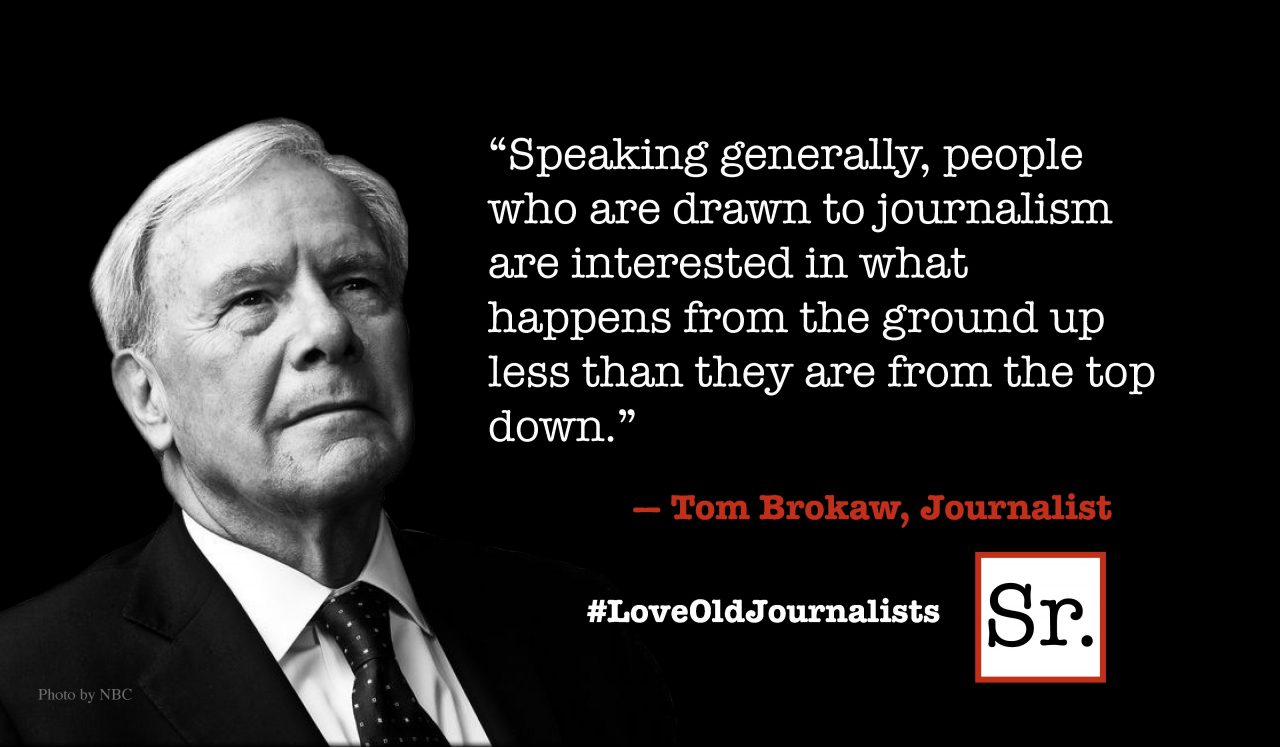"Whenever people agree with me, I always feel I must be wrong." Oscar Wilde
You are sitting in yet another meeting. Your colleagues are nodding and otherwise sending pleasing signals of agreement. You wonder if you're the only one seeing a problem here. All caffeinated and ready to jump out of your seat, you calm down. You want to say something, but you hold back. You stifle yourself, rationalizing that the others have more experience, more information, more insight, more intelligence, and more 'fill in the blank.'
As the meeting breaks up, you take up a conversation with one of your colleagues, and it turns out she feels the very same way you do. Ah… sweet validation. Might you have been thinking what others were thinking? Could it have been The Proverbial Elephant in the Room? You weigh the benefits and perceived risks of asking to revisit the matter, and you opt to move on. After all, you've learned to pick your battles. You give yourself a High 5, and tackle another project, one you can actually check off the list at the end of the day.
Nearly every day we can pick up the paper and read about elephants. Not the pink kind, but the kind of elephant that many others know about, but no one wants to talk about. A recent issue of USA Today describes one of GM's pet elephants which they apparently failed to name. This anonymous elephant resulted in at least 31 crashes and a dozen deaths, involving the Cobalt. When field reports about these crashes started surfacing in GM's legal department, GM's safety engineers were not informed until two years later. Why? It turns out that a law meant to hold automakers accountable created an unwritten cultural code that evidence about such defects not be moved up the chain of command until absolutely necessary.
This is not just about GM. This is about you and your company.
We find that most companies are full of untapped brilliance in the form of seemingly small comments, observations, concerns, or questions meant to test assumptions. We believe it is extremely important to the health and wealth of the organization to encourage this kind of inquisitiveness. When an issue or concern is surfaced in a constructive manner, without placing blame, the matter can be taken into consideration, evaluated, and resolved. Innovation, employee engagement and ownership for business results occur. Risks can be surfaced, managed and contained.
Naming Elephants takes courage, skill and discipline. It is a learned behavior easiest to practice in a culture that encourages disturbing the status quo, a culture that values questions as much as answers. It requires a choice that people make to exercise their personal power. They find their voice, and they name those elephants. It may feel risky at first, but perhaps not nearly as risky as ignoring the elephants altogether, hoping they will just go away.









